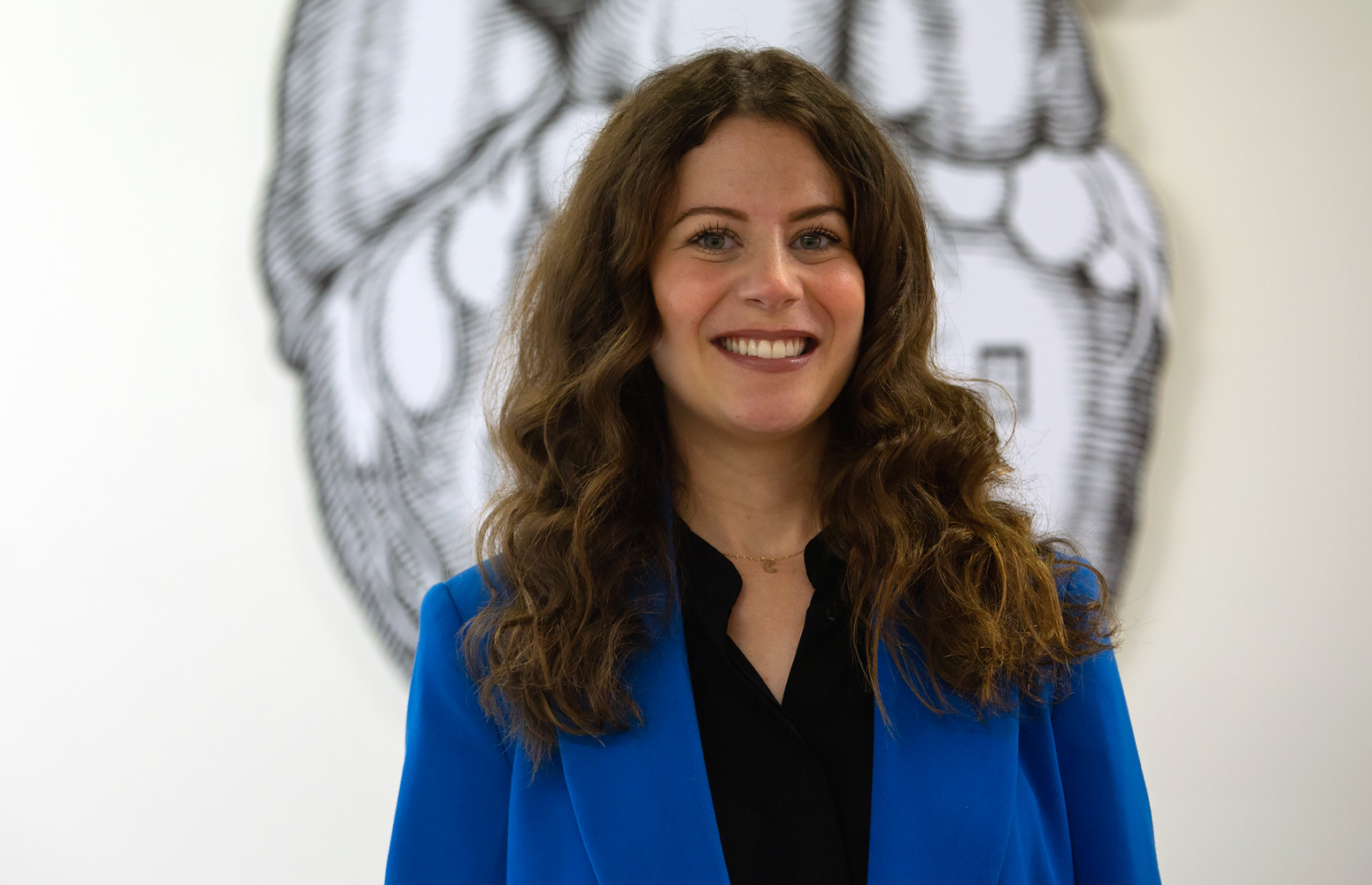The UPV/EHU researcher Vanesa Lancha has produced an in-depth analysis of the reality of sex education for students with autism spectrum disorder (ASD) at a national level. Lancha concluded that the involvement of the education community, associations and families is crucial, and that it is essential to review and modify education regulations to defend, respect and protect the sexual and reproductive rights of individuals with ASD.
People with autism do not receive adequate sex education
According to a study by the University of the Basque Country (UPV/EHU), the issue needs to be tackled from a prevention perspective to help improve the well-being of these individuals
- Research
First publication date: 26/09/2024

The development of sexuality poses a challenge for individuals on the autistic spectrum because of their complex and varied condition and the institutional and social barriers they face. “People with autism do not receive adequate sex education, which may have negative consequences for their health, well-being and quality of life. That is why it is essential to tackle this problem to ensure that they have access to comprehensive and inclusive sex education from an early age,” said Vanesa Lancha, a researcher at the UPV/EHU. “We have to eradicate social beliefs and attitudes and address this issue through prevention instead of intervening on an emergency basis once a health or behavioural problem has arisen.
In order to shed some light on this complex situation exacerbated “by religious, cultural, political and social influences and by the shame that has its origins in and is determined by the lack of confidence and training of families, education professionals and society in general”, Lancha, a researcher in the UPV/EHU's Department of Education, analysed, on a nation-wide level, the sex education of students with ASD from the perspective of the professional teams from specialised associations, schools and families, in order to describe and identify the needs and difficulties they experience and perceive.
In Lancha's opinion, “sexuality is a part of human life and its development is crucial for everyone, also for people with ASD about whom false beliefs about sexuality and sex education still persist. It is mistakenly thought that they are children all their lives, that they are incapable of maturing and require constant supervision because of their supposed vulnerability, and that they are even incapable of having a stable partner or raising a family with children. It is also believed that the early initiation of sex education will awaken their sexual desires, so it is considered unnecessary until adolescence or adulthood.
Lack of involvement, benchmarks and protocols
In the approach to this education the study has revealed various shortcomings and problems, “which are more pronounced among secondary school students and among more severely affected individuals”. It proposes a series of measures that will help, directly or indirectly, to break down mistaken beliefs about the sexuality of these individuals.
The researcher from the UPV/EHU's Faculty of Education, Philosophy and Anthropology highlighted the need to review and amend education regulations in order to defend, respect and protect the sexual and reproductive rights of people with ASD and their right to receive sex education: “Legislation needs to take into account the particular needs of these individuals. If there is no legislation to guarantee this education, no resources are allocated to address it, so the gaps in human and material resources are huge.”
Lancha also stressed that there are serious difficulties in sex education teaching and learning: “There is no clear protocol to intervene in these issues; there is a lack of benchmarks to address them, because professionals need to be experts in sexology and in autism spectrum disorder at the same time. And if we have no benchmarks, we have no material or human resources either. Specific training programmes need to be designed to increase confidence in supporting students, including the creation of up-to-date resources adapted to their characteristics and needs.”
She also believes that it is necessary to “overcome unfavourable attitudes towards sexuality and to increase the low level of participation and lack of shared responsibility across the education community. It is important to come up with proposals to raise awareness about the importance of educating in this subject, and to motivate families, teachers, health professionals, government agents and specific associations to participate, because sex education goes far beyond sexual practices, it includes affectivity, emotions, physical and psychological changes, among many other things.”
Lancha is currently working on the design of a white paper for associations, families and education professionals, in which the main results and the key findings are presented.
Additional information
This study was carried out by Vanesa Lancha-Villamayor as part of her PhD thesis (entitled Educación Sexual del alumnado con Trastorno del Espectro Autista. Claves para el desarrollo de la sexualidad en los contextos educativos [Sex Education for students with Autistic Spectrum Disorder. Keys to the development of sexuality in education contexts]); her supervisors were the Professor of Applied Statistics Juan Etxeberria-Murgiondo in the Department of Education at the UPV/EHU’s Faculty of Education, Philosophy and Anthropology. Lancha currently lectures in the Department of Didactics and School Organization on the degree courses in Pre-Primary Education, and Primary Education, and on the joint degree course in Pre-Primary Education and Primary Education.



